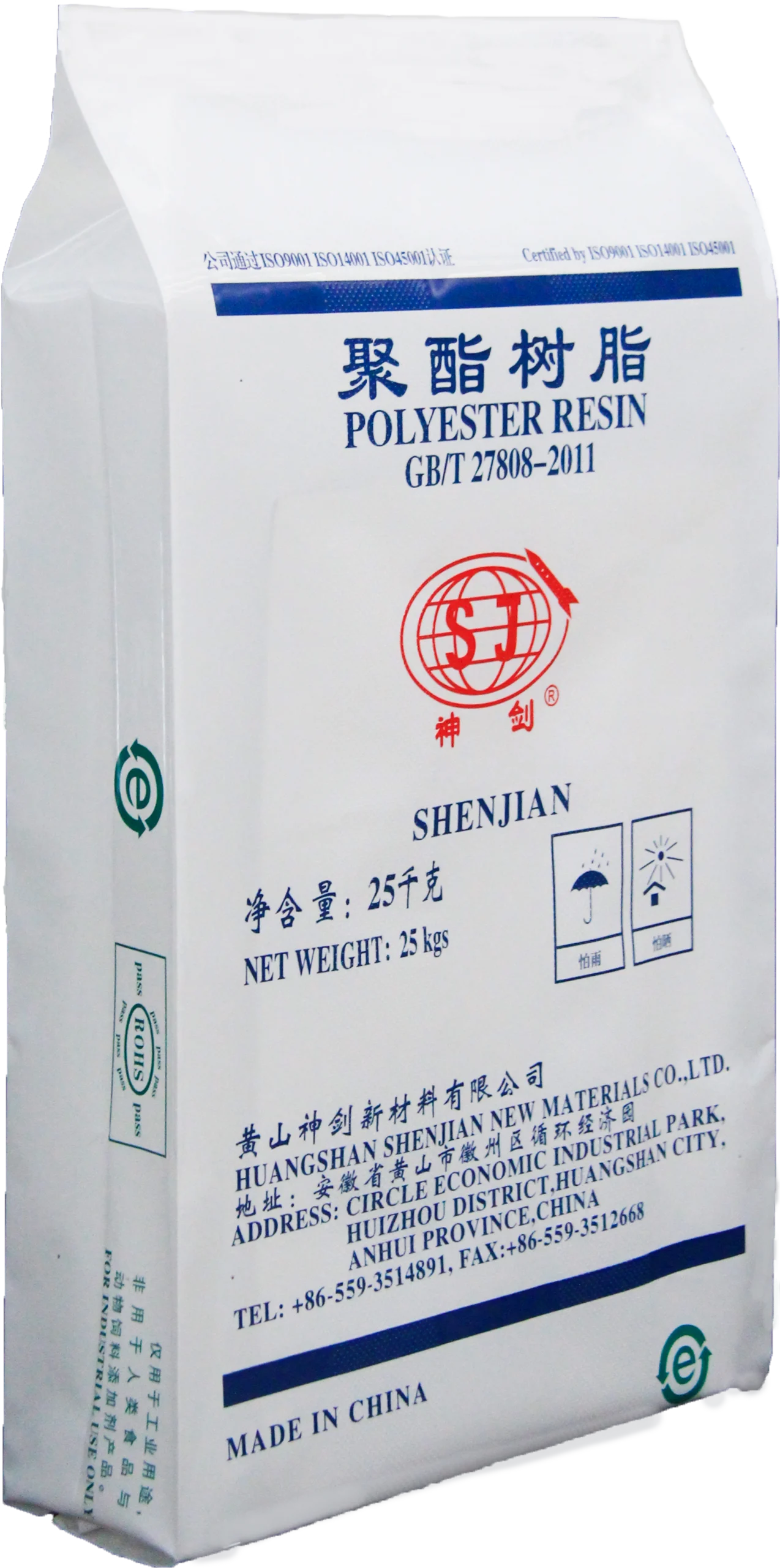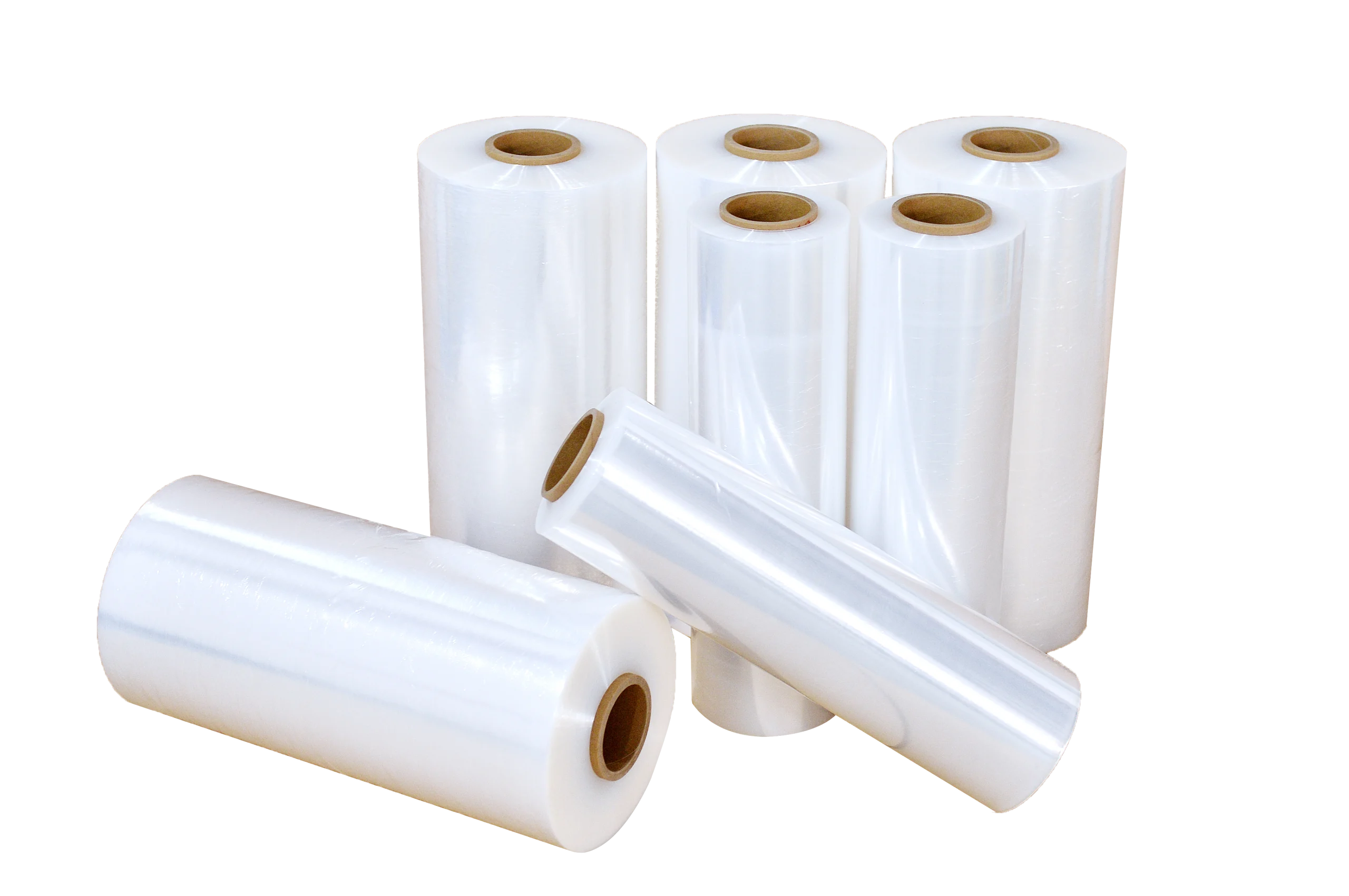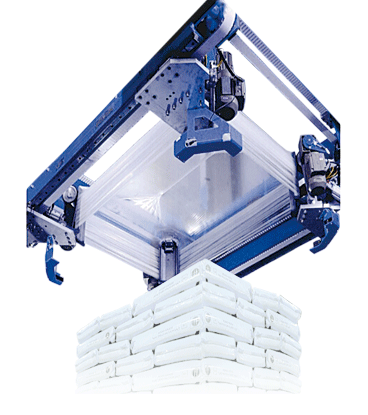
2024-09-03
Sustainability has evolved from a mere buzzword to a critical business imperative in today’s world. As environmental concerns intensify and global regulations tighten, companies in the industrial packaging sector are increasingly prioritizing sustainable practices. This shift not only addresses ecological concerns but also aligns with consumer expectations and economic advantages.
In this blog, we will introduce the significance of sustainability in industrial packaging and examine current and future trends that are shaping the industry.

Table of Contents
ToggleSustainability in industrial packaging plays a crucial role in reducing the environmental footprint of manufacturing and distribution processes. Conventional packing materials greatly increase waste and pollution because they are frequently made of non-renewable resources.
To mitigate these consequences, recycling and the use of post-consumer recycled (PCR) materials are essential. By implementing sustainable products and procedures, businesses can limit their influence on natural ecosystems, cut waste, and conserve resources.
Consumers nowadays are more conscious of the environment than ever. People anticipate that product packaging will demonstrate a business’s dedication to sustainability.
Businesses that adopt eco-friendly packaging solutions can enhance their brand image, building trust and loyalty among environmentally conscious consumers. Green initiatives and sustainable packaging are increasingly recognized as differentiators in the competitive marketplace.
Governments worldwide are enforcing stricter regulations aimed at reducing environmental impact. These regulations often target the materials used, recycling practices, and packaging waste. By proactively adopting sustainable packaging, businesses demonstrate their commitment to corporate responsibility, avoid potential fines, and stay ahead of regulatory requirements, thus maintaining operational continuity.
Contrary to the misconception that sustainable packaging is more expensive, it often leads to long-term cost savings. Materials that are recyclable and lightweight can cut shipping costs, while production costs can be decreased by efficiently employing fewer resources. Furthermore, businesses that put sustainability first will probably see a return on investment in the form of partners and customers who share their commitment to the environment.
The packaging industry is undergoing an essential shift towards sustainability, driven by increasing consumer demand for eco-friendly solutions and regulatory pressures. Yuandian exemplifies this trend through its commitment to green initiatives and sustainable developments, exemplified by our motto: “Reduce Plastic, Cut Costs, Immediate Results.”
Yuandian nano stretch film offers an ultra-thin solution by stacking extremely thin layers intelligently, resulting in significant cost savings. By ensuring outstanding tensile strength and load stability, this cutting-edge method minimizes the quantity of film required to securely wrap and wrap loads. This decrease in the amount of materials used not only preserves resources but also lessens the overall environmental effect of making movies.
Post-consumer recycled content (PCR) refers to materials made from everyday items that consumers recycle through local recycling programs. These materials are collected, sorted into bales at recycling facilities, and then purchased by manufacturers. The bales are melted or ground into small pellets, which are then molded into new products, including packaging. Incorporating PCR plastic into production not only supports sustainability but also offers significant cost savings over time. As we increasingly adopt this eco-friendly and recyclable approach, we invite you to partner with us in leading the way toward a more sustainable future.
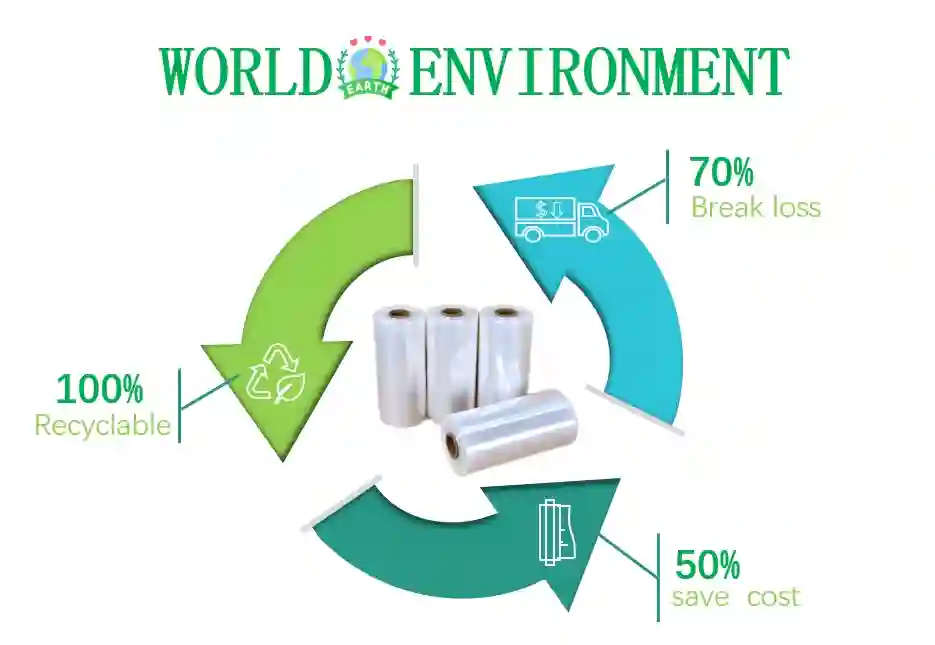
Stretch hood is a key product made using a three-layer co-extrusion process to protect and secure palletized items. Stretch hood packaging leads to significant cost savings and sustainability improvements. Unlike traditional stretch wrap, which requires multiple layers, stretch hood films efficiently cover pallets with minimal material usage—often only one or two layers. Many stretch hood films are designed with eco-friendly materials, promoting sustainability in packaging practices.
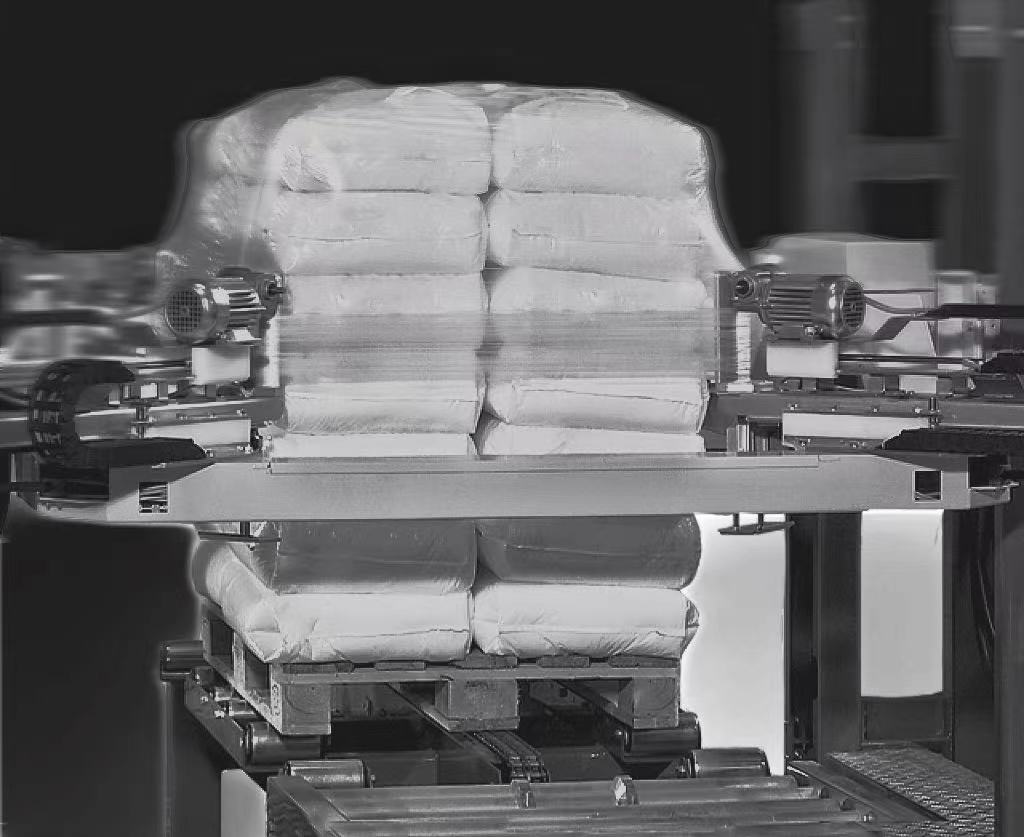
The Form-Fill-Seal (FFS) system can increase efficiency by three to five times while lowering labor expenses, making it an economical and convenient choice for businesses looking to streamline their packaging solutions without compromising quality or performance. Furthermore, yuandian’s FFS heavy-duty PE bags provide an effective barrier, withstanding high temperatures and protecting products during transportation and storage.
Aluminum-plastic composite barrier bags are the newest development in heavy-duty PE packaging. These bags, created by laminating aluminum foil between plastic film, protect against moisture and leaks while blocking light penetration. They are ideal for high-value items and materials that cannot be exposed to moisture. While recycling aluminum-plastic composite bags remains a challenge due to the separation of materials, efforts are underway to improve their recyclability. By using multi-layer foil lamination technology, these bags minimize overall packaging material, effectively reducing waste. Additionally, these bags also reduce the requirement for single-use packaging solutions because they can be used again for bulk storage or transportation purposes.
The transition to sustainable packaging is no longer an option but a necessity for businesses aiming to thrive in today’s competitive landscape. As a sustainable packaging business, yuandian’s commitment to reducing plastic use and cutting costs with innovative solutions like nano stretch films exemplifies how businesses can align with current and future packaging trends. These efforts not only meet environmental goals but also deliver tangible business benefits, such as improved load stability, reduced material usage, and cost efficiency.
As the call for eco-friendly products and services grows louder, it is clear that the future of industrial packaging is green. Now is the time for companies to take decisive action and invest in sustainable packaging solutions that align with market demands and regulatory frameworks. By doing so, they can secure a competitive edge and contribute to a more sustainable world.
If you‘re ready to make the shift to sustainable packaging, contact us at Sales@hsydpac.com today to explore advanced, tailored solutions for your business.
Ready to transition to sustainable packaging? Contact us today to explore our advanced solutions tailored for the pharmaceutical industry.
More News

2025-03-27

2025-03-15
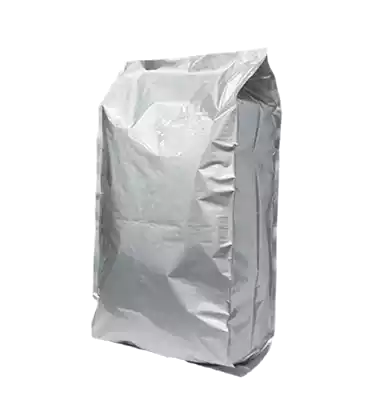
2025-03-05
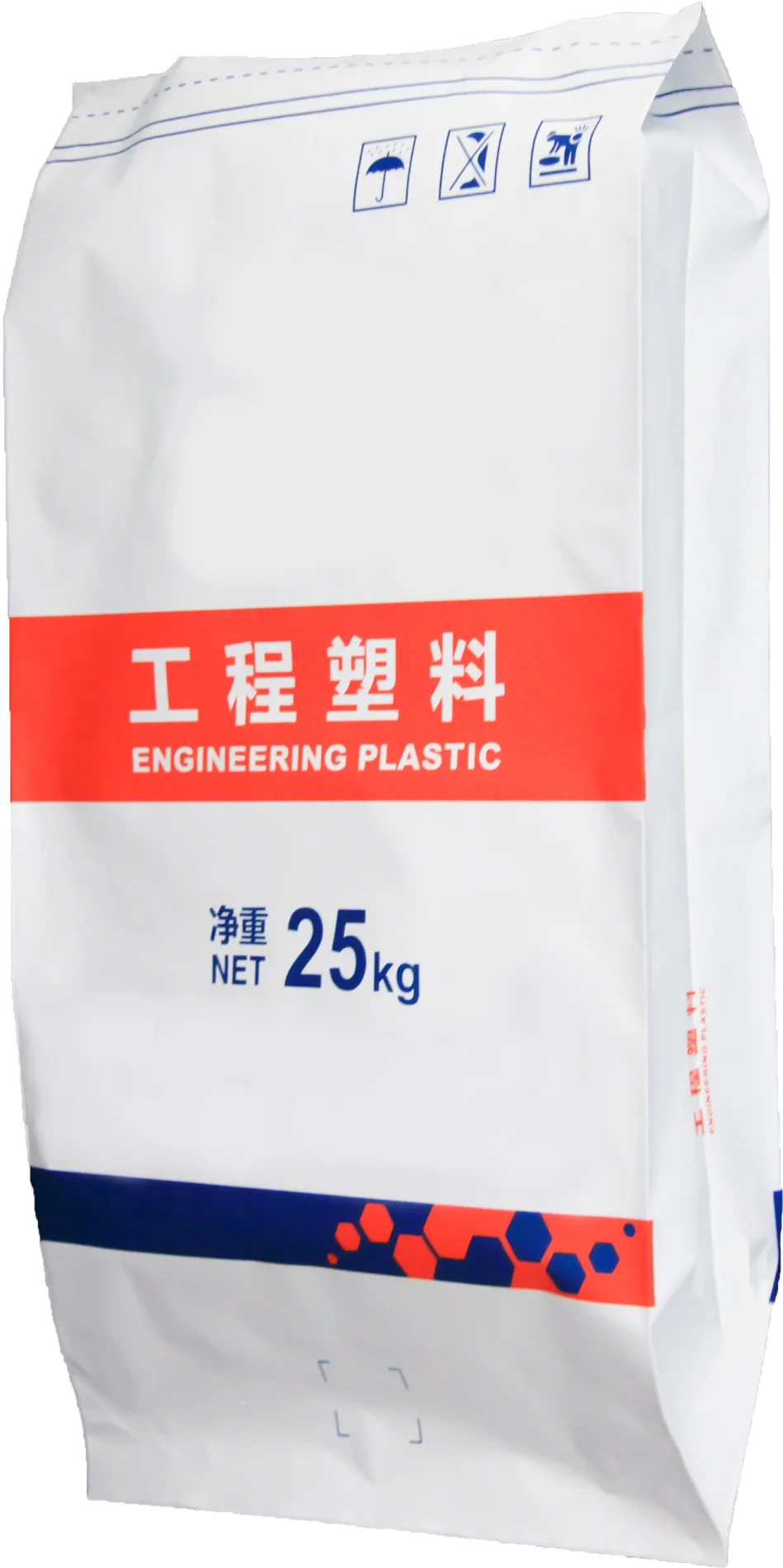
2025-02-21

2025-02-13
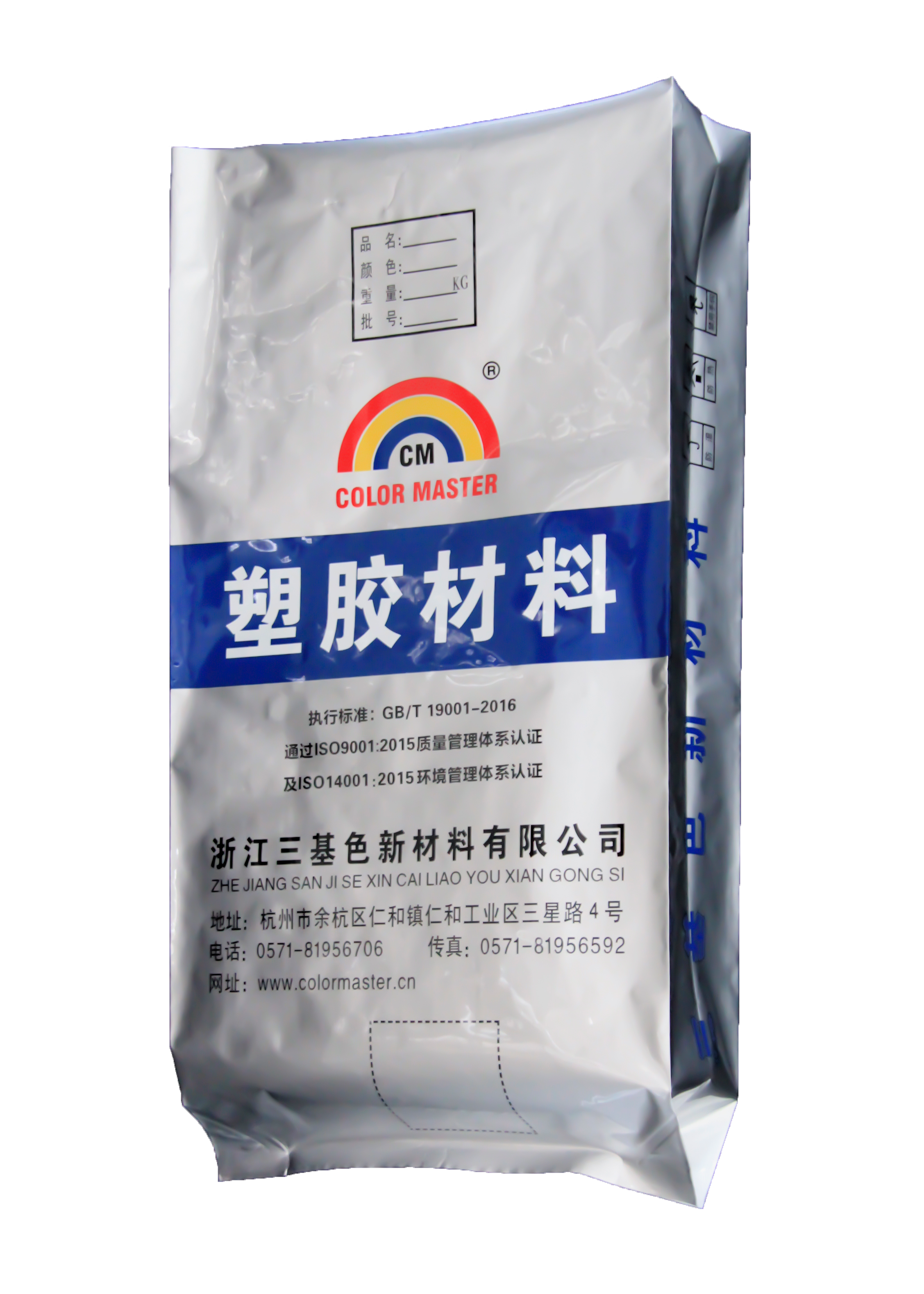
2025-02-05

2025-01-30
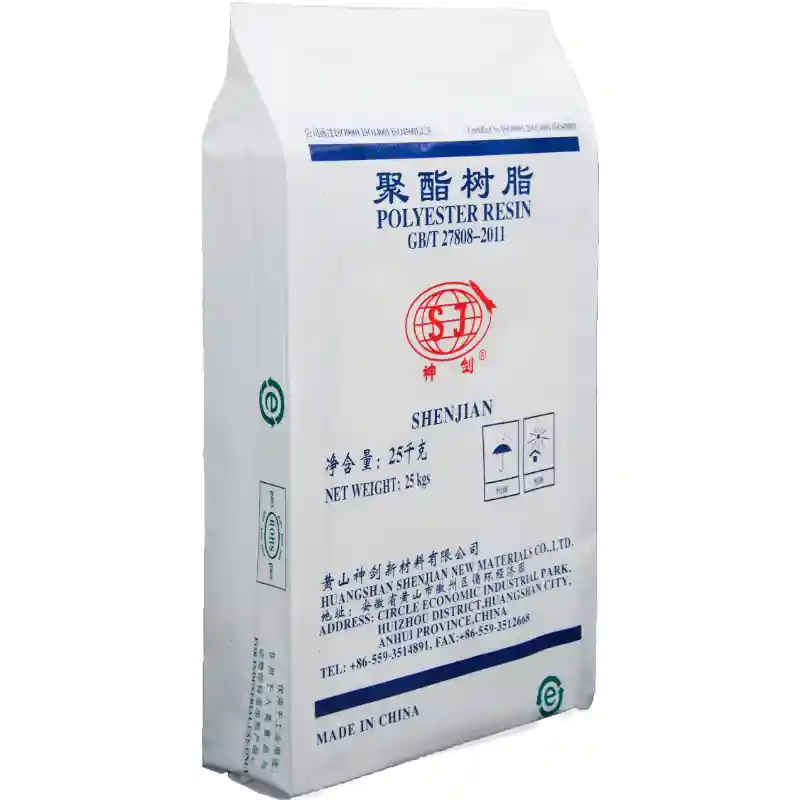
2025-01-25

